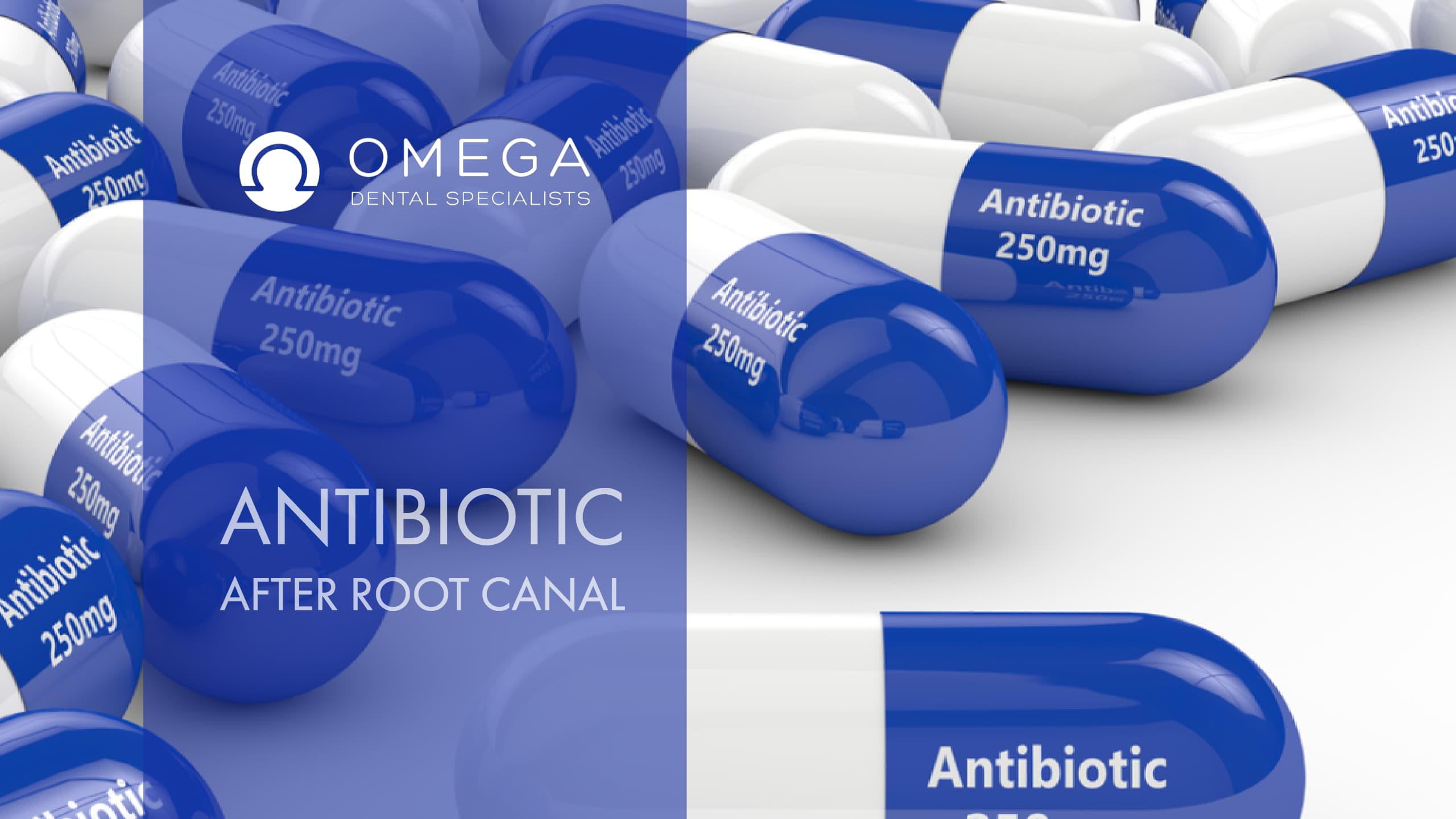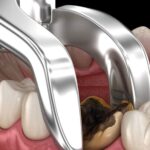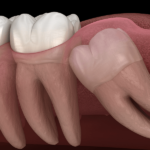Do I Need Antibiotics After A Root Canal?

Antibiotics after a root canal are not necessary. After root canal treatment, it takes a little time to fully recover. Do not eat crispy or hard things after a root canal. It is most important to protect against dental damage after treatment. Therefore it is very important to put a cap to protect the teeth.
Table of Contents
What should I expect after root canal treatment?
It is normal to feel sensitivity in the area for the next few days as your body undergoes the natural healing process. Also, it is normal to feel some pain in the jawbone. These symptoms are temporary and usually go away in a couple of days. It is important that you follow these instructions in particular, after consulting with your dentist:
Take ibuprofen (600 mg total) 3 times a day. Take it for the next 4 days.
If you have allergic, have a medical condition, or are taking prescription medications that prevent you from taking ibuprofen, then you can take Tylenol Extra Strength 500 mg tablets 2 tablets (1000 mg total) 3 times a day.
Guidelines for post-treatment care
- Avoid eating anything until the numbness in the mouth disappears.
- Do not chew anything hard with the treated tooth until it has been restored by your general dentist.
- Be sure to brush your teeth and floss as you normally would.
What is the success rate for root canal treatment?
The tooth that has had proper endodontic treatment, followed by an adequate restoration can last as that of the natural teeth. Periodically, see your dentist for follow-ups that are included taking x-rays of the teeth to make sure that they heal. Occasionally, a tooth that has undergone endodontic treatment does not heal or the pain continues. Sometimes, the tooth can be painful after root canal treatment failure. When this happens, root canal retreatment can save the tooth.
Do you need antibiotics after a root canal?
After a root canal, follow your endodontist’s instructions. Doctors who have prescribed antibiotics for the smallest problems have created strains of bacteria that don’t respond to antibiotics. Hospital-acquired infections are some of the worst problems. More than anything else, the inappropriate overuse of antibiotics is what has contributed to this problem.
However, there may be hope—and the method of dealing with this problem is easier than you may think. A report from Aker University in Oslo, Norway suggests that it is possible to reverse the problem of antibiotic-resistant bacteria simply by reducing the prescription rate of antibiotics. This does not mean leaving patients who need antibiotics out in the cold; it just means taking more of a “wait and see” approach to some illnesses. Keeping an eye on the patient, suggesting Ibuprofen or Acetaminophen for fever and other procedures for simple illnesses or infections can help reduce the over-prescription problem.
It is important that patients understand how antibiotics do and do not work. Antibiotics are not a cure—they re-establish the proper balance of defenses in the body. They also are seldom an appropriate substitution for surgical intervention. Finally, antibiotics are all a little different, and choosing the right antibiotic is vital. That means that a patient should never use an old dose to try to “knock out” illness. That is an enormous contribution to the problem. Finally, taking antibiotics as a proactive measure will do nothing to help prepare the body for an attack of illness.
When a patient is visiting a doctor, the assumption should not be made that they will receive an antibiotic and that the dose will be as it was in years past. As a patient be willing to try this “wait and see” approach because it is for the benefit of yourself and the good of the world as a whole. While antibiotics have been around for nearly 100 years, they are still being studied, and the dosing may still need some adjustment. Sometimes, less really is more—especially for a smaller infection or illness, such as for a root canal or other dental work. Talk to your doctor or dentist about his or her choice to use antibiotics and make sure the decision is one that is best for everyone involved.




